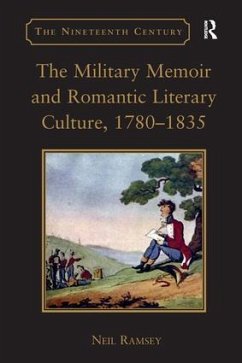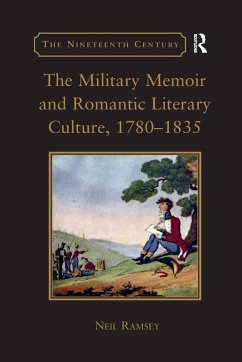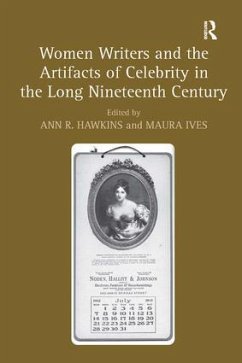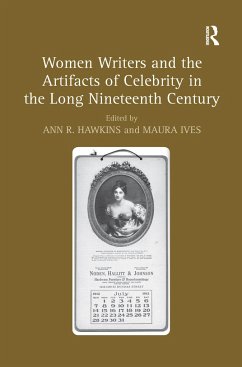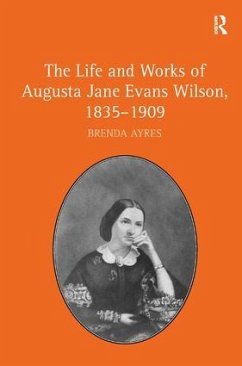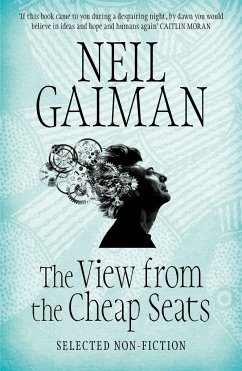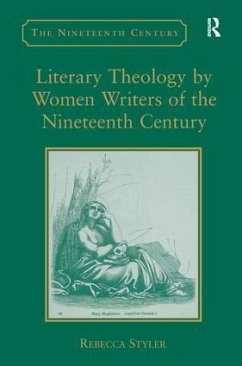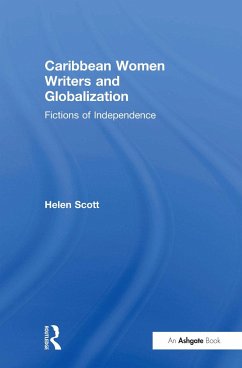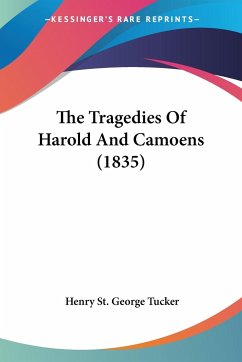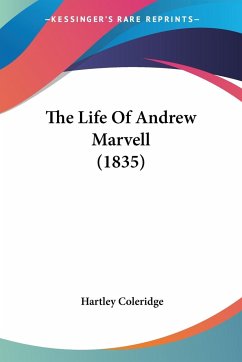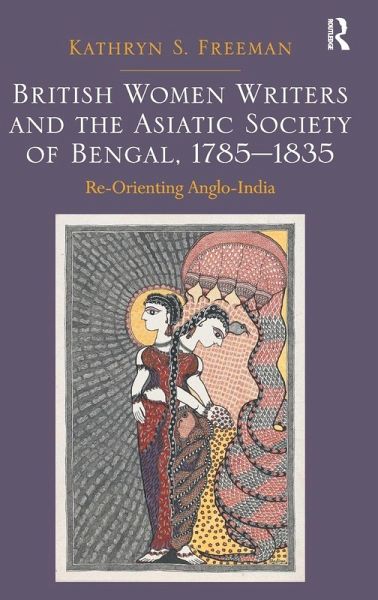
British Women Writers and the Asiatic Society of Bengal, 1785-1835
Re-Orienting Anglo-India
Versandkostenfrei!
Versandfertig in 1-2 Wochen
115,99 €
inkl. MwSt.
Weitere Ausgaben:

PAYBACK Punkte
58 °P sammeln!
Tracing the literary relationship between British women and the Asiatic Society of Bengal, Kathryn Freeman argues that women writers, distinct from their male counterparts, interrogated Orientalist distortions of India through the lens of gender. Her study invites us to rethink the Romantic paradigm of canonical writers as replicators of Orientalists' cultural imperialism in favor of a more complicated stance that accommodates the differences between male and female authors with respect to India.





